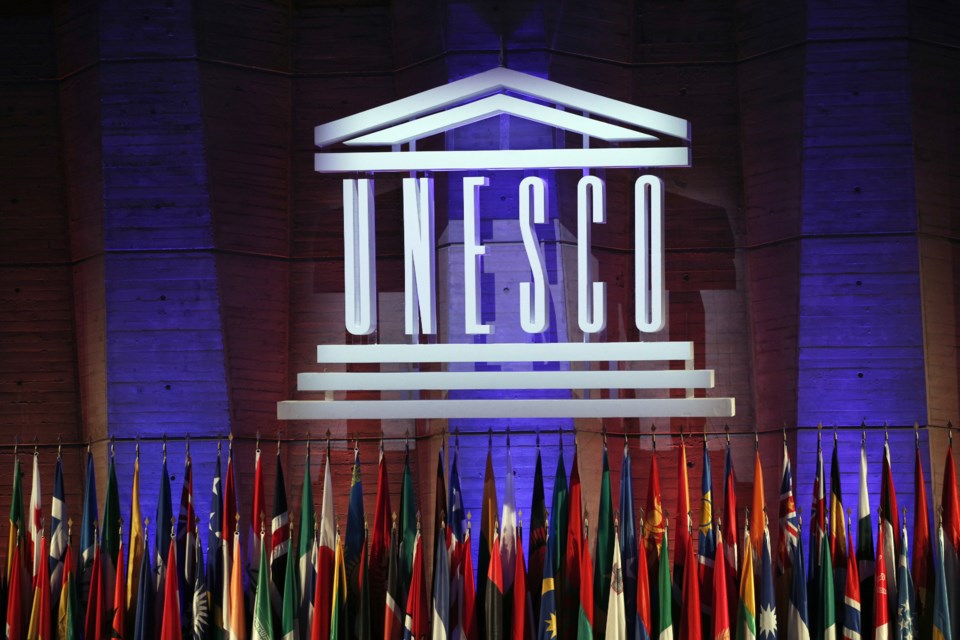PARIS (AP) — UNESCO’s 193 members states are gathering Thursday for a two-day meeting in Paris aimed at voting on the United States’ plans to rejoin the U.N. cultural and scientific agency after a decade-long dispute sparked by the organization’s move to include Palestine as a member.
The U.S. announced earlier this month, that it wanted to return, five years after it withdrew from the agency during the presidency of Donald Trump.
U.S. officials say the decision was motivated by concern that China is filling the gap left by the U.S. in UNESCO policymaking, notably in setting standards for artificial intelligence and technology education around the world.
Approval by member states seems a formality since not a single country has raised an objection to the return of a country that was once the agency’s single biggest funder. The vote is expected Thursday or Friday.
The U.S. and Israel stopped financing UNESCO after it voted to include Palestine as a member state in 2011. The Trump administration decided in 2017 to withdraw from the agency altogether the following year, citing long-running anti-Israel bias and management problems.
The Biden administration has already requested $150 million for the 2024 budget to go toward UNESCO dues and arrears. The plan foresees similar requests for the ensuing years until the full debt of $619 million is paid off.
That makes up a big chunk of UNESCO’s $534 million annual operating budget. Before leaving, the U.S. contributed 22% of the agency’s overall funding.
Israel has long accused the United Nations of anti-Israel bias. In 2012, over Israeli objections, the state of Palestine was recognized as a nonmember observer state by the U.N. General Assembly. The Palestinians claim the West Bank, east Jerusalem and Gaza Strip — territories captured by Israel in the 1967 Mideast war — for an independent state. Israel says the Palestinians’ efforts to win recognition at the U.N. are aimed at circumventing a negotiated settlement and meant to pressure Israel into concessions.
The United States previously pulled out of UNESCO under the Reagan administration in 1984 because it viewed the agency as mismanaged, corrupt and used to advance Soviet interests. It rejoined in 2003.
The Associated Press




